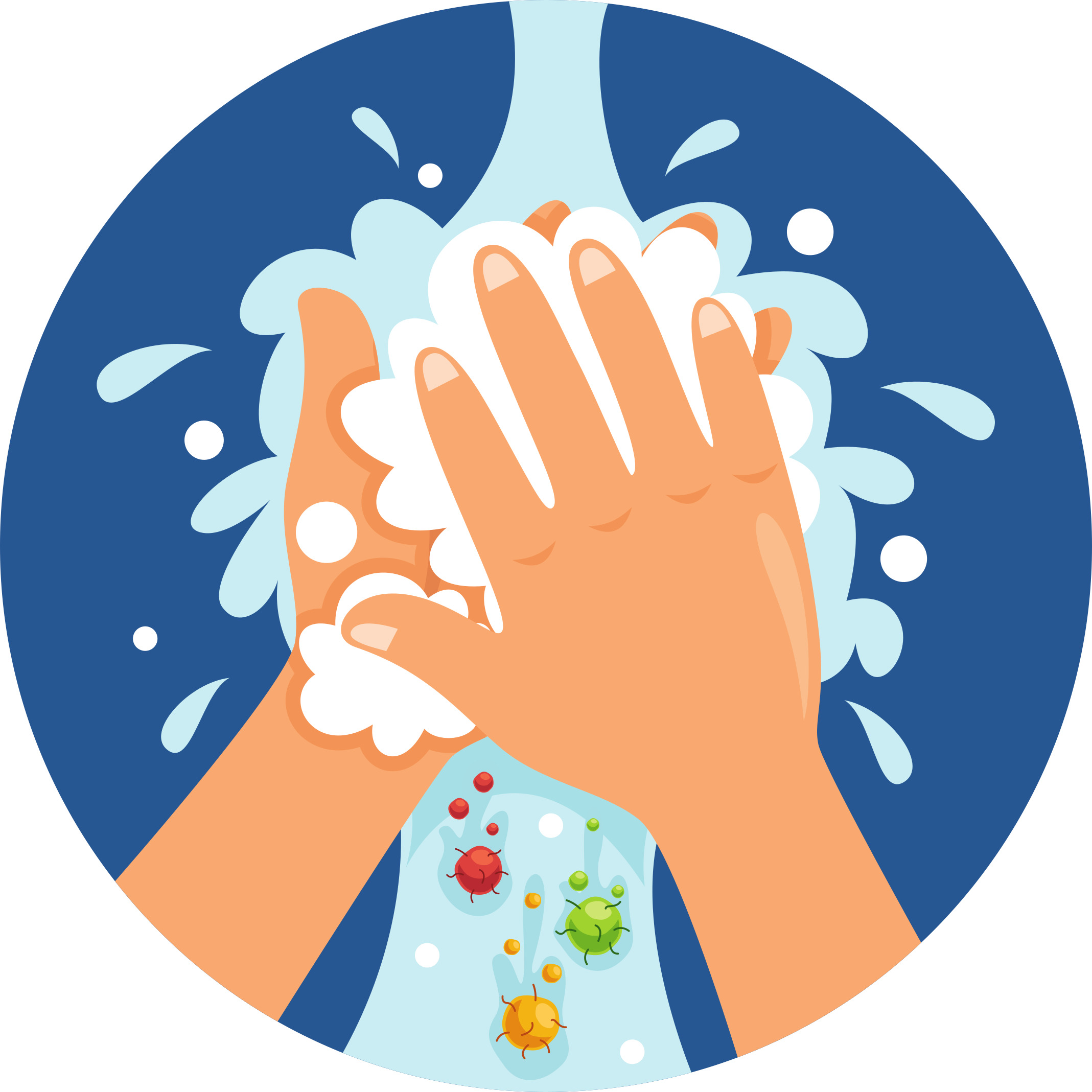
Editor's Note A nearly 2-year drop in global life expectancy from 2019 to 2021 indicates that the COVID-19 pandemic effectively erased decade of progress, according to The World Health Organization’s 2024 World Health Statistics report. According to May 24 Healio report on WHO’s findings, global life expectancy dropped by 1.8…

Ambulatory surgery centers (ASCs) play an increasingly crucial role in delivering outpatient surgical care that is efficient, effective, and—most importantly—safe. As the ASC sector continues to grow and evolve, maintaining best practices in hand hygiene and environmental cleaning and disinfection is imperative to protect patients from infections. ASCs also should…

Editor's Note New World Health Organization (WHO) guidance aims to prevent the occurrence of bloodstream and other infections caused by improper use of catheters during medical procedures. Released May 9, the global guidelines focus on insertion, maintenance, and removal of catheters during medical procedures, which can damage organs and cause…

Editor's Note In a move one expert calls “a complete U-turn,” the World Health Organization (WHO) has concluded that viruses transmit through primarily the air via inhalation of tiny suspended particles of saliva and mucus, KFF Health News reported on May 1. Until now, health authorities have relied on the…

Editor's Note The World Health Organization (WHO) is sounding the alarm about the rise of the bird flu virus—H5N1—and the threat it poses to humans, Medical Xpress reported on April 18. Experts are concerned because the bird flu has recently spread from wild birds and poultry to cows and goats…

Editor's Note A new blood test developed by researchers in Australia could help diagnose sepsis and septic shock in just one hour, compared to the current multi-day methods. The Journal of Proteome Research reported the findings on March 21. Researchers collected blood plasma samples from 152 ICU patients. They used…

Editor's Note Data published February 21 in The BMJ points to air pollution as a factor in increased hospital admissions for major heart diseases. According to the Global Burden of Disease study, exposure to fine particulate matter (PM2.5) accounts for 7.6% of total mortality and 4.2% of disability-adjusted life years…

Editor's Note In an era of social media channels, video sharing, and other new communication methods, traditional verbal or written communication between clinician and patient is inadequate for combating health misinformation, according to the Penn Medical Communication Research Institute. Published December 7 in Jama Network, the researchers’ findings emphasize the…

Editor's Note: The World Health Organization (WHO) has released recommendations around the ethics and guidance of artificial intelligence (AI)-based large language models (LLMs) in healthcare applications. In a January 18 announcement, the organization recognized that AI LLMs, with their ability to analyze and interpret data, have a wide range of…
Editor's Note On September 17, World Patient Safety Day, The Joint Commission is partnering with the World Health Organization in recognizing the shared commitment to safe, equitable, high quality care for all and asks all accredited organizations and partners to join in the recognition. This year’s theme, “Engaging patients for…